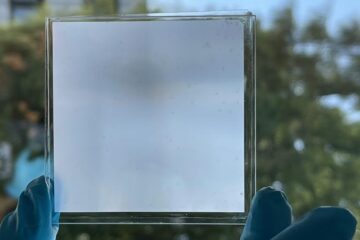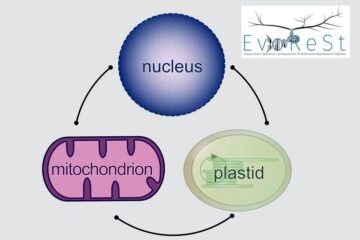NeuroTox Chips – The Network Formation Assay: A microarray for spatially standardized neurotoxicity screening

– Patterning of neuronal cells within a microarray, with each node equally spaced from neighbouring nodes
– The array format provides assay coordinates, defines neurite length and measures connectivity, a feature central to brain function – e. g. memory and learning – The simple analytical display enables ultrafast (x70), reproducible, quantitative and predictive compound testing Commercial Opportunity The challenge is underpinned by global policy, notably the EPA and Europe’s REACH legislation. There is a strict deadline to provide comprehensive toxicity data, and yet 30,000 compounds are still not adequately tested. Toxicity testing using animal experiments is ethically troubled and extremely expensive and time consuming. In vitro methods are sought to replace the animal tests. However, in neurotoxicology data from in vitro assays fail to correlate with the in vivo data. Of these, a good choice is neurite outgrowth analysis but this approach is enormously difficult and time consuming. Our invention provides an analytical display for ultrafast and predictive compound screening.
Weitere Informationen: PDF
PROvendis GmbH
Tel.: +49 (0)208/94105 10
Ansprechpartner
Dipl.-Ing. Alfred Schillert
Media Contact
Alle Nachrichten aus der Kategorie: Technologieangebote
Neueste Beiträge

Neuartiges Material für nachhaltiges Bauen
Innovativer Werkstoff für eine energieeffiziente Architektur: Forschende des Karlsruher Instituts für Technologie (KIT) stellen in der aktuellen Ausgabe der Fachzeitschrift Nature Communications ein polymerbasiertes Material mit besonderen Eigenschaften vor. Das…

Neues Antibiotikum gegen Erreger der Flussblindheit und Lymphatischen Filariose
Prof. Achim Hoerauf, Direktor des Instituts für Medizinische Mikrobiologie, Immunologie und Parasitologie des Universitätsklinikums Bonn (UKB), und seinem Team ist es in Kollaboration mit der Abteilung Pharmazeutische Technologie und Biopharmazie…

Evolutionäre Genomik: Folgen biodiverser Fortpflanzungssysteme
Die Deutsche Forschungsgemeinschaft (DFG) fördert die Einrichtung eines neuen Graduiertenkollegs (GRK) in der Biologie an der Universität Göttingen. Das GRK mit dem Titel „Evolutionary Genomics: Consequences of Biodiverse Reproductive Systems…

















